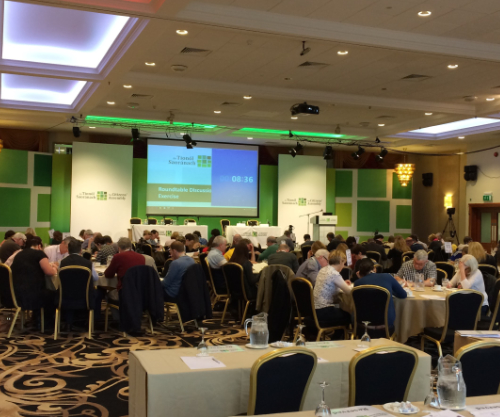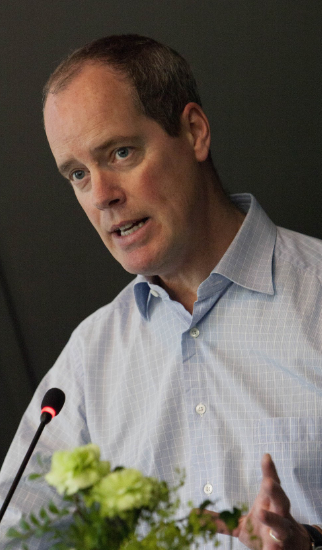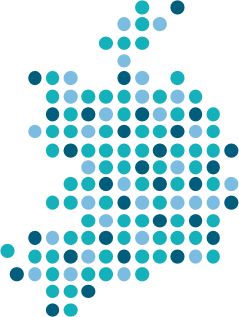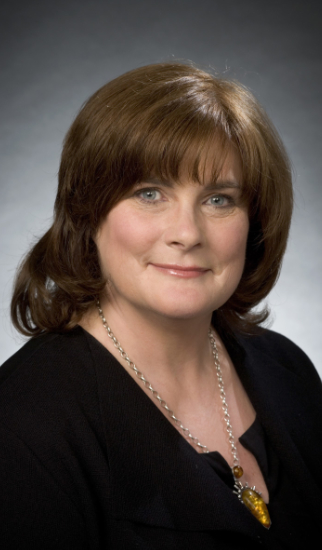
This website brings together in one site the Irish experience of using citizens’ assemblies to facilitate widespread constitutional and political reform.
The genesis of this project was Ireland’s 2008/2009 financial and economic meltdown and the resulting anger over failings in our political system. We led a group of political scientists who proposed that citizens should be brought into the heart of debates over constitutional and political reforms to improve how our representative system of democracy operates. Our modus operandi was to seek to persuade the newly elected government in 2011 to establish a citizens’ forum – a “deliberative mini-public”. With generous funding from Atlantic Philanthropies we established We The Citizens, whose year-long activity of work culminated in Ireland’s first national citizens’ assembly in June 2011. That demonstrated, contrary to many political expectations, that Irish citizens could be trusted to make nuanced decisions and to weigh evidence. We presented the final report and underlying data analysis to government, which some months later established the Irish Constitutional Convention (2012-14). We were appointed to head the “academic and legal group”, with key responsibility to ensure that the Convention followed deliberative practice. This led to a referendum on marriage equality with Ireland becoming the first country to endorse such a move by popular vote. The success of the Constitutional Convention resulted in a decision to establish the Irish Citizens’ Assembly (2016-18) and we were appointed as the “research leaders” of that initiative. A number of important policy outcomes as well as constitutional changes have resulted and there are signs that more deliberative mini-publics will be established in the future, suggesting that the method is becoming embedded in the political system, as shown most recently by the establishment of a third government sponsored process – the Irish Citizens’ Assembly on Gender Equality at the end of 2019’. The Irish successes have also attracted considerable international interest.
Description
The project is set in a growing scholarly interest in the practice of deliberation, which included a series of citizens’ assemblies in Canada and the Netherlands in the early 2000s. Deliberation involves the random selection of regular citizens who are provided with objective information, listen to and question the experts, and then engage in facilitated (small group) discussions about policy issues. Their recommendations are then fed into the political process (either by referring back to government and parliament for decision or by referendum of the wider population).
The Irish Constitutional Convention operated over a 14-month period (meeting over the course of 10 weekends) following best deliberate practice. Its 100 members comprised 66 citizens selected by an opinion poll agency, 33 national politicians and an independent chair appointed by the government. We headed a small academic and legal team that supported and monitored its operation. The Convention members were surveyed by our team throughout, allowing us to gather important data on opinion shifts and measures of deliberative quality.
The success of the Convention and the fact that 33 of its members were politicians with first-hand experience of the process resulted in a government decision to establish the Irish Citizens’ Assembly, which on this occasion consisted solely of regular citizens (99), again with an independent chair appointed by the government. It too met over a 14-month period. The Citizens’ Assembly followed the same method of operation as the Constitutional Convention. We were appointed as its research leaders once again allowing us to gather important data on opinion shifts and deliberative quality. In the more recent Irish Citizens’ Assembly on Gender Equality, we have also been appointed to lead the research and evaluation of the process.
The agendas of all three processes were for the most part set by the government. The Constitutional Convention was given eight topics to consider: marriage equality, voting age, the electoral system, voting rights for citizens abroad, blasphemy, the length of the president’s term of office, a clause in the constitution on the role of women, and steps to increase the participation of women in politics and public life. The Convention members subsequently added two further items to their agenda: parliamentary reform and Economic, Social and Cultural rights. In the subsequent two the Citizens’ Assembly the members were not given the opportunity to add to the agenda. Five topics were set for the 2016-18 process – abortion, climate change, ageing population, fixed-term parliaments, and the administration of referendums in Ireland – whereas for the most recent Citizens’ Assembly, it’s been set the task of focusing on gender equality.



